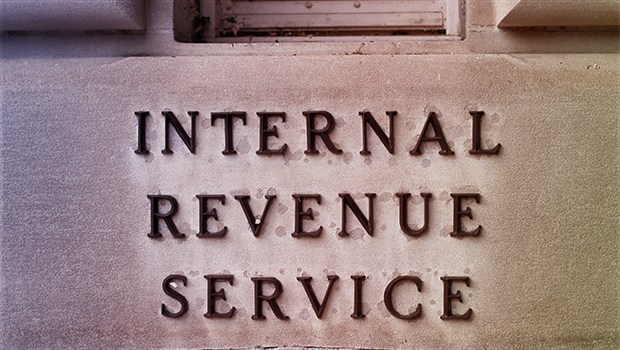The IRS may make a number of decisions concerning a taxpayer’s taxes which a taxpayer may understandably disagree with. When this occurs, there are two primary paths a taxpayer can take to change the IRS decision: file an appeal with the IRS Office of Appeals or start a lawsuit in Tax Court. This post will focus on the appeals process.
When Can a Taxpayer Use the Appeals Process?
The appeals process is available when a taxpayer believes the IRS has either:
- Misinterpreted the law that applies to the taxpayer’s situation or
- Misunderstood the facts concerning the taxpayer.
In practice, a taxpayer can appeal an IRS decision in the following situations:
- Audits
- Offer in Compromise
- Tax Penalties
- Liens and Levies
This appeals process takes place with the Office Appeals, which is an independent body that reviews a taxpayer’s case and helps resolve disagreements with the IRS. The purpose is to avoid litigating in Tax Court, although the appeals process isn’t available in every instance.
When Shouldn’t a Taxpayer Use the Appeals Process?
As a general rule, a taxpayer may not file an appeal in the following situations:
- The disagreement is based on religious, moral, political, conscientious or constitutional grounds,
- The basis of the appeal is that the taxpayer does not possess the financial ability to pay a tax debt,
- The deadline for filing an appeal has passed, or
- The taxpayer received a bill from the IRS and there was no mention of the right to appeal.
Filing an Appeal
The taxpayer will begin the appeals process by requesting an appeals conference. This is an informal exchange of information, either by telephone, letter or at an in-person conference. The taxpayer may have a legal representative represent them at this conference, but it is not required.
When requesting the appeals conference, the taxpayer must also either file a written protest or utilize the Small Case Request procedure.
The Written Protest
A written protest is required unless the Small Case Request procedure applies. The written protest must include specific information, including:
- The taxpayer’s name, address and telephone number.
- Legal basis in support for the taxpayer’s disagreement with the IRS.
- Facts in support of the taxpayer’s positions.
- A penalties of perjury statement (basically saying that under penalty of perjury, the information included in the written protest is true) and the taxpayer’s signature.
- Identification of tax years at issue.
Small Case Request Procedure
The Small Case Request procedure is used when the monetary amount of disagreement in any given tax year (tax liability plus penalties and interest) is $25,000 or less. The exact procedure for making a Small Case Request should be in the letter indicating the taxpayer’s appeals rights. For the most part, this includes a written request for an appeals conference, identification of the areas of disagreement and explaining the reasons for the disagreement.
When to File an Appeal
The letter explaining a taxpayer’s appeals rights should indicate when the appeal must be filed, but it’s usually 30 days from the date of the letter.
After Filing an Appeal
After the taxpayer files the appeal, the appeals conference should be scheduled within three months. The majority of disagreements get resolved during the appeals conference. If the disagreement is not resolved to the taxpayer’s satisfaction, litigating is Tax Court is the next available step.
Considering an Appeal?
If a taxpayer is considering an appeal, obtaining professional assistance is strongly recommended as there may be legal arguments the taxpayer isn’t aware of. Additionally, any penalties in the form of interest will continue to add up during the appeals process. So it may not be financially wise to file an appeal that a taxpayer is likely going to lose.

